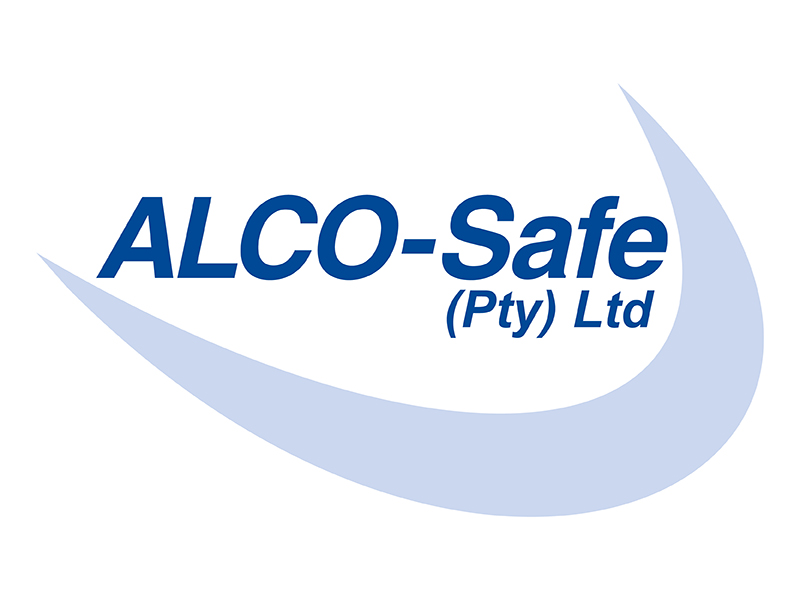Substance abuse is a major problem in most countries. While it is extremely challenging for governments to tackle alcohol and drug abuse on its own, fortunately the private sector has stepped up and taken responsibility for ensuring their employees are safe in the workplace, while addressing the creation of a culture of responsible consumption at the same time. Testing for alcohol and drug consumption plays an important role in achieving safety in the workplace, as part of robust company policies on drugs and alcohol. ALCO-Safe, a company that has been distributing alcohol and drug testing equipment for close on 50 years recently reached a significant milestone in selling 100, 000 pieces of testing equipment since its establishment.
This company has advocated tirelessly against South Africa’s ingrained culture of excessive consumption, which has resulted in a steady uptake in industries enforcing alcohol and drug policies and educating their workforce on the dangers of over-consumption to build a safer South Africa for all.
The evolution of workplace alcohol testing
Now that it is an occupational health and safety requirement for all workplaces (particularly in high-risk industries such as mining) companies take the enforcement of their alcohol and drug policies seriously. Employers now have a duty to ensure that they provide a safe working environment, which includes not allowing intoxicated workers to enter or remain in the workplace. The development of contactless high-speed breathalysers in the early 2000s made it possible to enforce compulsory testing before people entered the workplace, effectively providing access control by conducting six to seven tests in under a minute, with the only consumables being batteries. A single testing unit was capable of performing 50,000 tests before requiring recalibration, but it has made mass workplace testing more feasible and cost-effective. Current instruments have advanced to be capable of performing 14 tests in a minute and only require recalibration once every 12 months.
In South Africa, the private sector conducts far more breath alcohol tests in the workplace than the law enforcement sector does in a roadside setting. In this respect, government still has a lot of work to do to reduce drunk driving. More testing equipment needs to be issued to law enforcement, as well as the training on how to conduct testing in a legally compliant, efficient manner.
Suggestions for government: harden focus on drunk driving
Roadside enforcement of South Africa’s drunk driving laws could be better funded out from the sin tax portion of the national budget. It is also feasible to make it compulsory for alcohol manufacturers and distributors to pay a tax on their production and sale that goes specifically toward programs aimed at reducing drunk driving. This could be a fund that is created, to avoid money being paid directly to government. Alcohol-related brands could also be compelled to purchase testing equipment for donation to law enforcement in their region of operation, and then provide proof of having done so. In this way, a percentage of profit goes to reducing the well-documented knock-on effect of alcohol sales.
Ramp up efforts with law enforcement
More training needs to be conducted for law enforcement agencies, so that they understand the procedure required in order to ensure the evidence produced is sufficient to stand in court and result in successful prosecution for drunk driving offenders. Additionally, alcohol branded ‘drink responsibly’ campaigns have proven ineffective, and these budgets should instead be redirected to programs that assist police officers to enforce the rules of the road. Offender programs that work on the basis of suspension of punishment in exchange for going through an educational, rehabilitation program could be an effective deterrent for younger individuals. This, combined with compulsory regular testing can ensure they are sticking to the conditions of their probation.
Drunk driving is estimated to cost the South African economy R18.2 billion annually. This does not take into account all the other detrimental effects and costs to society associated with the consumption of alcohol. Although the private sector is doing their part to ensure that they provide safe workplaces, these efforts need to extend to looping in and boosting law enforcement efforts to ensure that South African roads are safer for all.
Source: ALCO-Safe









